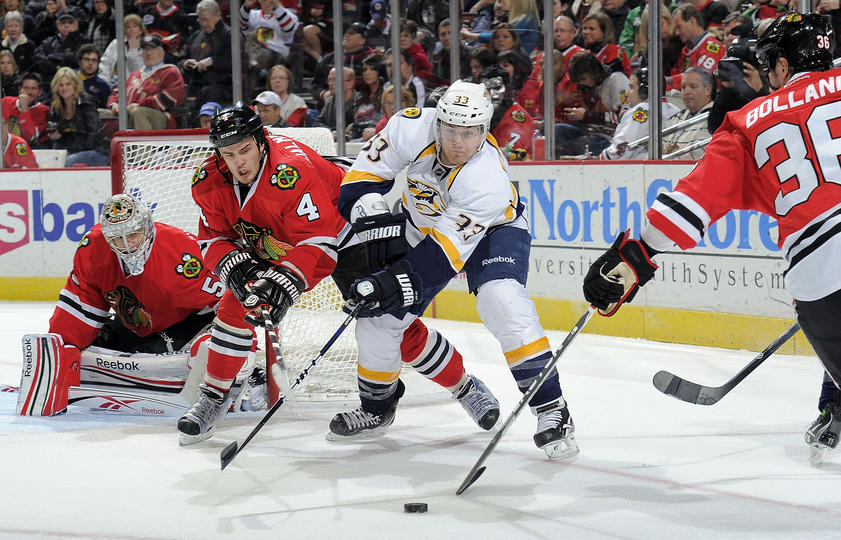By now, we probably shouldn’t be surprised when it comes to news about Francisco Rodriguez. The trade bringing him to Milwaukee was unexpected. Very few people expected him to accept the Brewers’ offer of arbitration at the end of the season. And now, perhaps most shocking of all, K-Rod is avoiding arbitration by signing a one-year deal for $8 million.
Considering many arbitration projections had him slotted for over $10 million, the $8 million salary actually comes off as a somewhat pleasant surprise. Sure, you could find better uses for $8 million than a set-up man, but considering some of the contracts signed this winter, perhaps it isn’t so bad after all.
Ryan Madson, like Rodriguez, had his eyes set on a big-dollar deal to close. He wound up in Cincinnati on a one-year, $8.5 million deal that was lauded as a “steal.” Yet the K-Rod deal is still being described by some (most notably Keith Law) as “awful.”
A lot of this probably has to do with the closer label. Only $8.5 million and minimal commitment to a shutdown closer? That sure sounds like a sweet deal. The same amount for just a “set-up guy?” That’s just absurd, right?
Strip the labels, and the numbers look awfully comparable:
Rodriguez spent half the year as a “set-up guy,” and still put together Win Probability Added that rivals Madson’s (granted, in 11 more innings). Last season’s WPA leaders among relievers does include a lot of closers, but there are plenty that aren’t. Topping the list is Washington’s Tyler Clippard, who put up a WPA of 5.01 without collecting a single save. Jonny Venters and David Robertson were third and fourth in reliever WPA. Greg Holland, Jim Johnson, and Eric O’Flaherty were other non-closers to put up better WPA numbers than many “real” closers. They often faced tougher situations than their team’s closer did, slamming the door on rallies in the 7th or 8th innings while the closer picked up the final three outs.
Closing in Cincinnati — on a Dusty Baker-managed team, no less — it’s safe to assume that Madson will rarely pitch outside of the 9th inning, and he’ll rarely pitch in a non-save situation. Setting up for Milwaukee, Rodriguez will be “free” to be summoned whenever the situation calls for him. Sure, more often than not, Ron Roenicke will use him in the 8th inning. But he won’t be chained to that inning the way Roenicke chained Axford to the 9th last season. Axford (or Madson, in Cincinnati) will often face the bottom of a team’s order in the 9th inning, while Rodriguez will be charged with stopping a rally by coming in mid-inning and/or facing the meat of the order.
In terms of talent, what Rodriguez and Madson provide are very similar. Madson’s probably a bit better than Rodriguez right now, but it isn’t because one is a closer and the other isn’t — Madson’s better because he walks batters and gives up home runs less frequently than K-Rod does.
Is spending “10% of the payroll” (a percentage that’ll be off by $10-$20 million this year, but that’s beside the point) for 60-70 innings something the Brewers should be in the habit of doing? Probably not. But if the Brewers shouldn’t be doing it, the Reds probably shouldn’t be, either. I like Law, I see him as the only reason right now to buy ESPN’s Insider, but it takes a bit of a leap in logic to laud one signing while calling the other a mistake, even if one was ultimately an unintended signing.
Add The Sports Daily to your Google News Feed!
